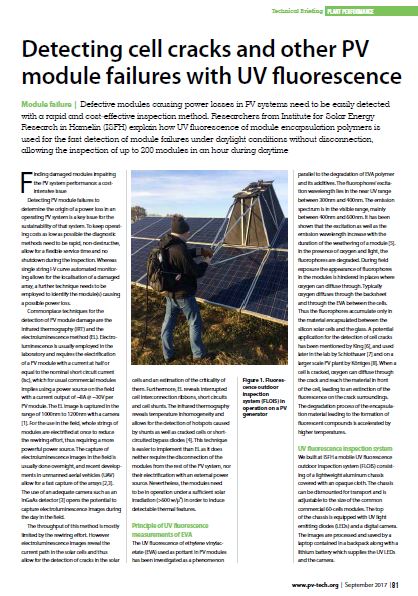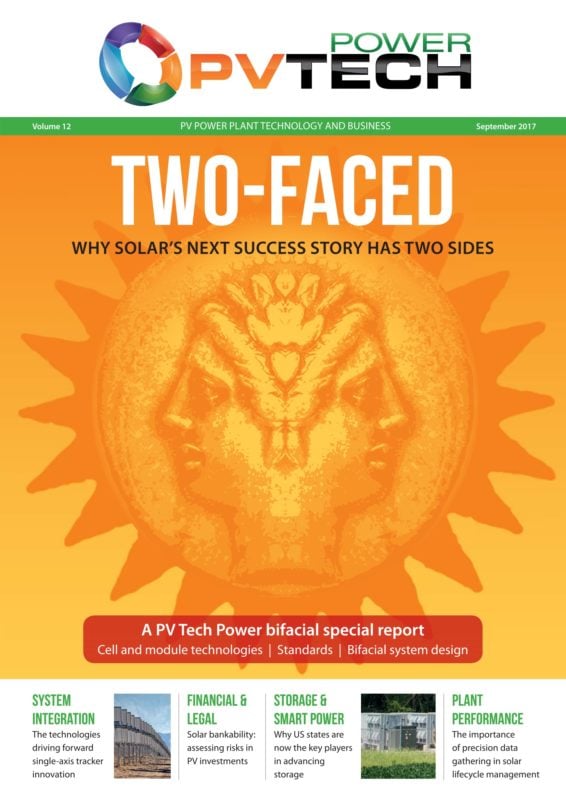By Arnaud Morlier, Arnaud Morlier received B.S. and M.S. degrees in chemistry from the University of Nice Sophia-Antipolis in 2006 and 2008 and a PhD in physical chemistry from the University Joseph Fourier, Grenoble, France in 2011.; Michael Siebert, Michael Siebert achieved a B.Sc. in mechatronics from the University of Applied Sciences Ostwestfalen-Lippe in 2009.; Marc Köntges, Marc Köntges received his PhD degree in physics 2002 at the University of Oldenburg on characterisation of CuInGaSe2 and CdTe thin film solar cells.; Iris Kunze, Iris Kunze achieved her training as chemical technical assistant at the Hannover School for chemistry and pharmacy.; Susanne Blankemeyer, Susanne Blankemeyer was with Krane-Optik, Rheda-Wiedenbrück, Germany, until 1986, where she was trained as an Optician. From 1999 to 2007, she was a Laboratory Assistant with the R&D Department of Orbotech, a manufacturer of automated optical inspection systems, in Bad Pyrmont, Germany.; Gerhard Mathiak, Gerhard Mathiak studied physics at Technical University Braunschweig and has a PhD in engineering from Technical University Berlin.
Module failure | Defective modules causing power losses in PV systems need to be easily detected with a rapid and cost-effective inspection method. Researchers from Institute for Solar Energy. Research in Hamelin (ISFH) explain how UV fluorescence of module encapsulation polymers is used for the fast detection of module failures under daylight conditions without disconnection, allowing the inspection of up to 200 modules in an hour during daytime.



